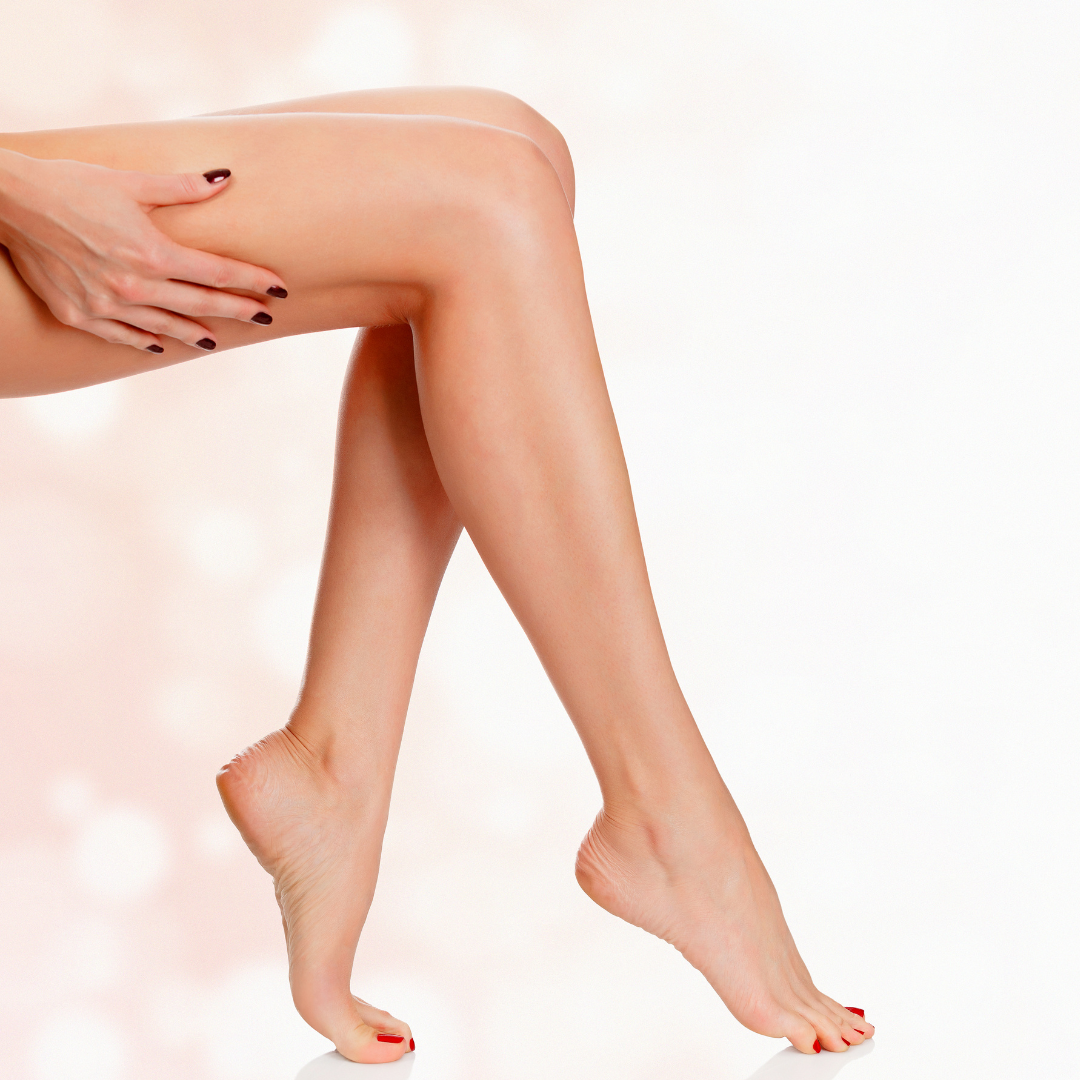
Varicose Vein Treatment Options, Symptoms, and Causes
If you are suffering from varicose veins, you’re not alone. But it’s essential to know what they are, what causes them, and how to treat them. In this blog post, we will cover everything you need to know about varicose veins, including varicose vein treatment options, symptoms, and causes.
What Are Varicose Veins?
Varicose veins occur when the valves inside the veins don’t function correctly. This malfunction causes blood to pool in the veins and makes it harder for them to move blood back to the heart.
Subsequently, vascular pressure increases and veins start to widen and bulge. This ultimately leads to the creation of varicose veins.
What Are Varicose Vein Treatment Options?
There are several varicose vein treatment options to consider.
For mild cases of varicose veins, lifestyle changes, including weight loss, regular exercise, and wearing compression stockings, might help reduce symptoms.
In more extreme cases, in-office medical treatment might be required. Two of the most popular and effective varicose vein procedures are sclerotherapy or endovenous laser therapy.
How Does Sclerotherapy Varicose Vein Treatment Work?
Sclerotherapy is a minimally invasive varicose vein treatment. During the treatment, your provider will inject a solution into the dilated vein. This solution irritates the lining of the vein, causing it to collapse and eventually fade away.
Sclerotherapy can be performed in a doctor’s office and does not require anesthesia or downtime for recovery.
The procedure typically takes less than 30 minutes and can be repeated if necessary. It is considered a safe and effective treatment for varicose veins. Patients may experience minimal side effects such as bruising or temporary skin discoloration.
What Are the Symptoms of Varicose Veins?
The most common varicose vein symptoms are:
- Twisted veins that are blue or purple
- Swelling
- Leg heaviness, pain, and muscle cramps
- Skin discoloration
- Skin sores
- Risk of blood clots
Such symptoms can worsen after prolonged periods of standing or sitting.
What Are the Causes of Varicose Veins?
Several factors can increase your chances of developing varicose veins. They can include genetics, age, pregnancy, obesity, and long periods of standing or sitting.
That said, genetics play a significant role in the likelihood of developing this condition. If you have a family history of varicose veins, you may also be at risk for other varicose vein-related issues, including chronic venous insufficiency.
Learn More About Varicose Vein Treatment Options
If you’re struggling with varicose veins and want to learn more about your treatment options, please call our office today to schedule an appointment with one of our specialists.
